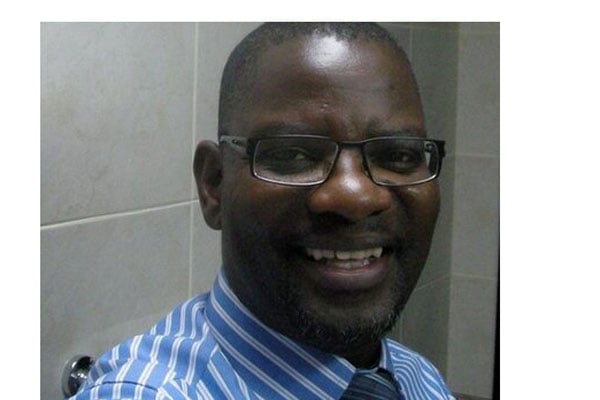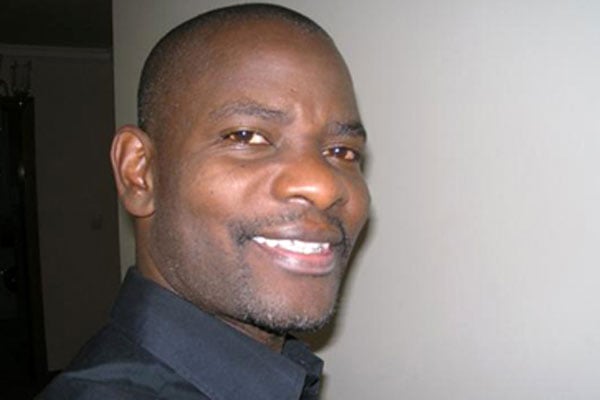Kenya and Tanzania have changed leaders but are they really better off?

Author, Musaazi Namiti. PHOTO/FILE
What you need to know:
- Change of leadership is badly needed in Uganda, and it will eventually come. But how can East Africans go beyond changing leadership and usher in governance that works for ordinary people?
Kenya has held its seventh presidential election since it became a multiparty democracy in 1992. It has changed presidents from Jomo Kenyatta to Daniel arap Moi to Mwai Kibaki to Uhuru Kenyatta. At the time of writing this article, provisional results suggested that the top contenders — Raila Odinga and William Ruto — were running neck and neck, and East Africa’s largest economy was on course to getting a fifth president.
Ugandans envy Kenya — and Tanzania, which has seen leadership transferred from Julius Nyerere to Ali Hassan Mwinyi to Benjamin Mkapa to Jakaya Kikwete to John Pombe Magufuli and to Samia Suluhu Hassan. They do not seem to understand why they have been stuck with one ruler for nearly 40 years. They see problems, such as corruption and incompetence, that make Uganda something of a failed State, but they are helpless because they cannot get rid of the rotten leadership.
Change of leadership is badly needed in Uganda, and it will eventually come. But how can East Africans go beyond changing leadership and usher in governance that works for ordinary people?
What would make an asylum seeker in, say, the United Kingdom feel happy if they had to relocate to Kenya or Tanzania, which have changed leaders, and Uganda, which has had no change of leadership?
For all the change in leadership in Kenya and Tanzania, the two countries are not exactly the kind of places you would want to live in. Kenya and Tanzania may have turned their backs on the low-income status, but they remain lower middle-income countries, with millions of their people trapped in abject poverty.
Nairobi may have better shopping malls than Kampala, but it is mainly expatriates and rich Kenyans connected to the ruling elite that shop in those malls. The city’s poshness is decidedly patchy. For example, a visitor entering Two Rivers Mall, arguably the largest in Kenya, and near upscale suburbs such as Runda and Gigiri, may be impressed (depending on the places they have previously visited). But less than a mile away, in Ruaka, you are greeted by shacks, makeshift stalls selling sukuma wiki, welders at metal fabrication workshops eking out a livelihood — just like their Ugandan counterparts. What is more, Kenya is home to the world’s biggest slum, Kibera.
The size of Carrefour stores in Nairobi and the quality of products on sale clearly show that money is in the hands of very few Kenyans. Kenyans complain about poor social service delivery like Ugandans. And their police are as corrupt and brutal as the Ugandan police.
Enter Tanzania. According to the World Bank, Tanzania is one of the four sub-Saharan African countries with the largest number of people living in extreme poverty — others being Nigeria, the Democratic Republic of Congo and Ethiopia.
We see from the Ibrahim Index of African Governance (IIAG), a tool that measures and monitors governance performance in African countries, that many countries that have held elections and changed leaders do not necessarily improve governance, which the index defines as the provision of political, social, economic and environmental public goods and services that every citizen has the right to expect from their government.
The latest research that IIAG has published shows Mauritius maintains the top position in overall governance. And it is a high-income country.
What we need are not just elections and change of leaders. We need elections that lead to governance that transforms countries from being desperately poor to being high-income nations with high standards of living, respect for human rights, rule of law, quality healthcare and education. That is leadership.
Mr Namiti is a journalist and former
Al Jazeera digital editor in charge of the Africa desk
[email protected] @kazbuk



